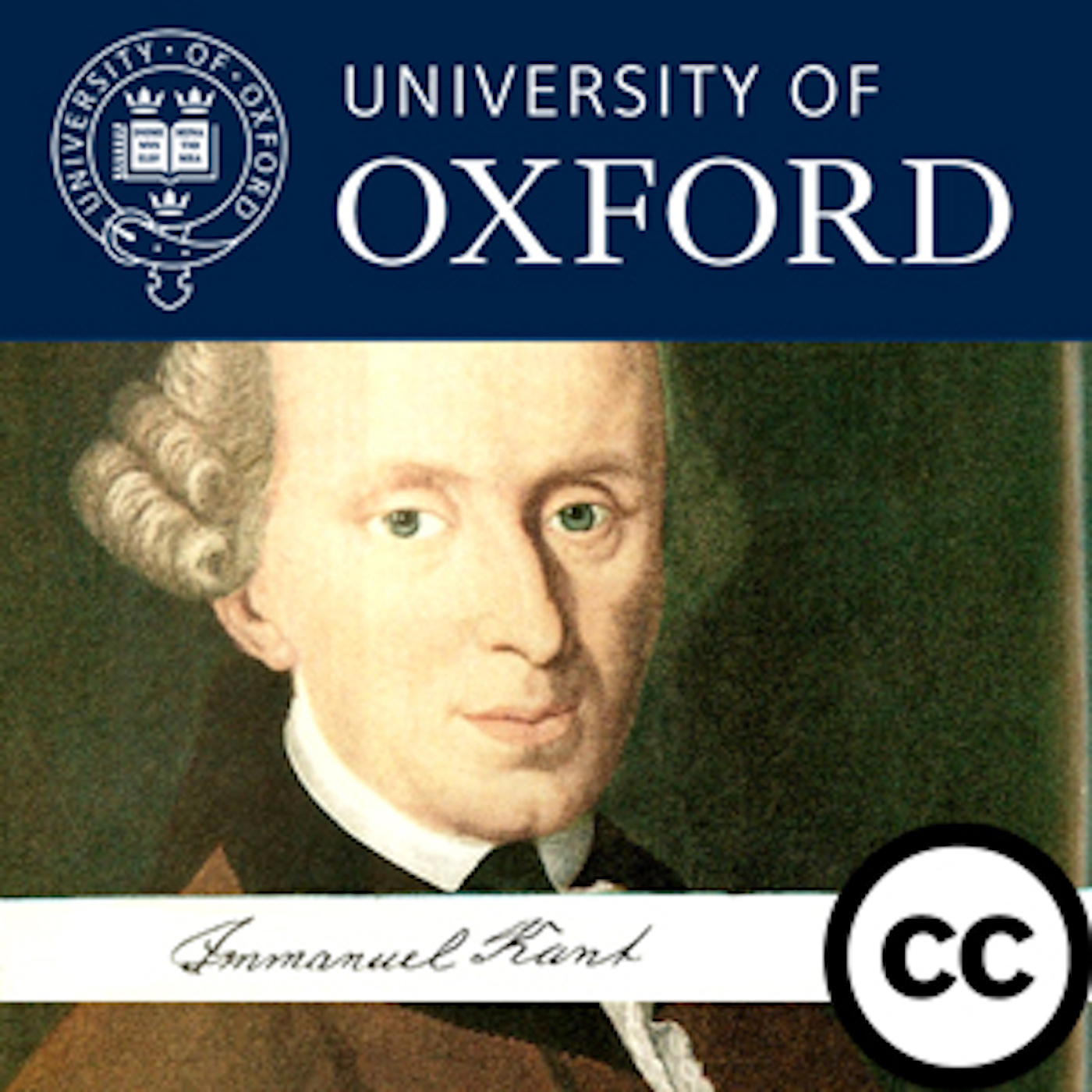Podcast Profile: Kant's Critique of Pure Reason
 Site • RSS • Apple Podcasts
Site • RSS • Apple Podcasts8 episodes
2011
Median: 42 minutes
Collection: Philosophy

 Site • RSS • Apple Podcasts
Site • RSS • Apple PodcastsDescription (podcaster-provided):
A lecture series examining Kant's Critique of Pure Reason. This series looks at German Philosopher Immanuel Kant's seminal philosophical work 'The Critique of Pure Reason'. The lectures aim to outline and discuss some of the key philosophical issues raised in the book and to offer students and individuals thought provoking Kantian ideas surrounding metaphysics. Each lecture looks at particular questions raised in the work such as how do we know what we know and how do we find out about the world, dissects these questions with reference to Kant's work and discusses the broader philosophical implications. Anyone with an interest in Kant and philosophy will find these lectures thought provoking but accessible.Themes and summary (AI-generated based on podcaster-provided show and episode descriptions):
➤ Kant’s Critique of Pure Reason overview • limits of reason and experience • a priori synthetic judgments • space, time, forms of intuition • categories, judgment, transcendental deduction • self, apperception • idealism debates • paralogisms, antinomies, transcendental ideasThis podcast is a lecture series devoted to Immanuel Kant’s *Critique of Pure Reason*, focusing on what Kant takes to be the conditions under which human beings can have knowledge at all. Across the lectures, the central concern is how sensory experience and intellectual concepts cooperate to produce objective cognition, and why both empiricism and traditional metaphysics run into limits if they ignore the structure the mind contributes to experience.
A recurring theme is Kant’s attempt to explain how scientific knowledge is possible despite the constraints of experience. The series situates Kant against the backdrop of early modern philosophy and the rise of successful mathematical physics, asking why metaphysics should aspire to be a science and what method could make that possible. It then develops key components of Kant’s “Copernican” approach: space and time as forms of intuition, the status of synthetic a priori judgments (including the foundations of geometry), and the way experience itself presupposes a priori conditions.
The lectures also examine Kant’s account of the understanding, including how concepts and judgments can apply to objects through the categories and their “transcendental deduction.” Related discussions address self-consciousness and the synthetic unity of apperception as an objective condition for having any objects of experience. The series closes by tracing how reason can overreach into “transcendental ideas,” producing characteristic errors and conflicts such as paralogisms and antinomies, and by emphasizing Kant’s project of disciplining reason to keep metaphysical claims within the bounds of possible experience.
| Episodes: |
|
The discipline of reason: The paralogisms and Antinomies of Pure Reason. 2011-Mar-16 37 minutes |
|
The "Self" and the Synthetic Unity of Apperception 2011-Mar-16 41 minutes |
|
Concepts, judgement and the Transcendental Deduction of the Categories 2011-Mar-16 40 minutes |
|
Idealisms and their refutations 2011-Mar-16 42 minutes |
|
How are a priori synthetic judgements possible? 2011-Mar-16 40 minutes |
|
Space, time and the "Analogies of Experiences" 2011-Mar-16 48 minutes |
|
The broader philosophical context 2011-Mar-16 45 minutes |
|
Just what is Kant's "project"? 2011-Mar-16 46 minutes |